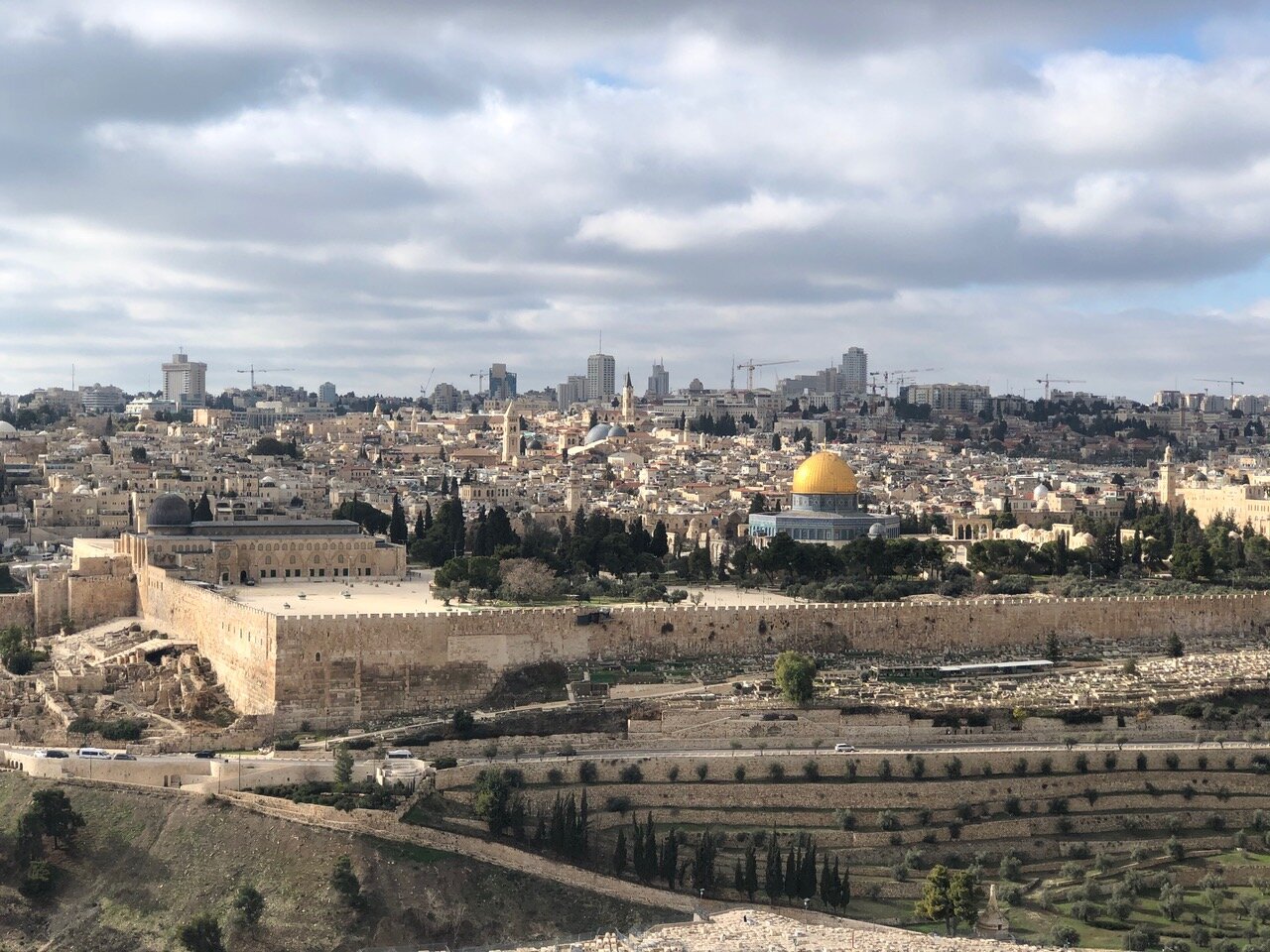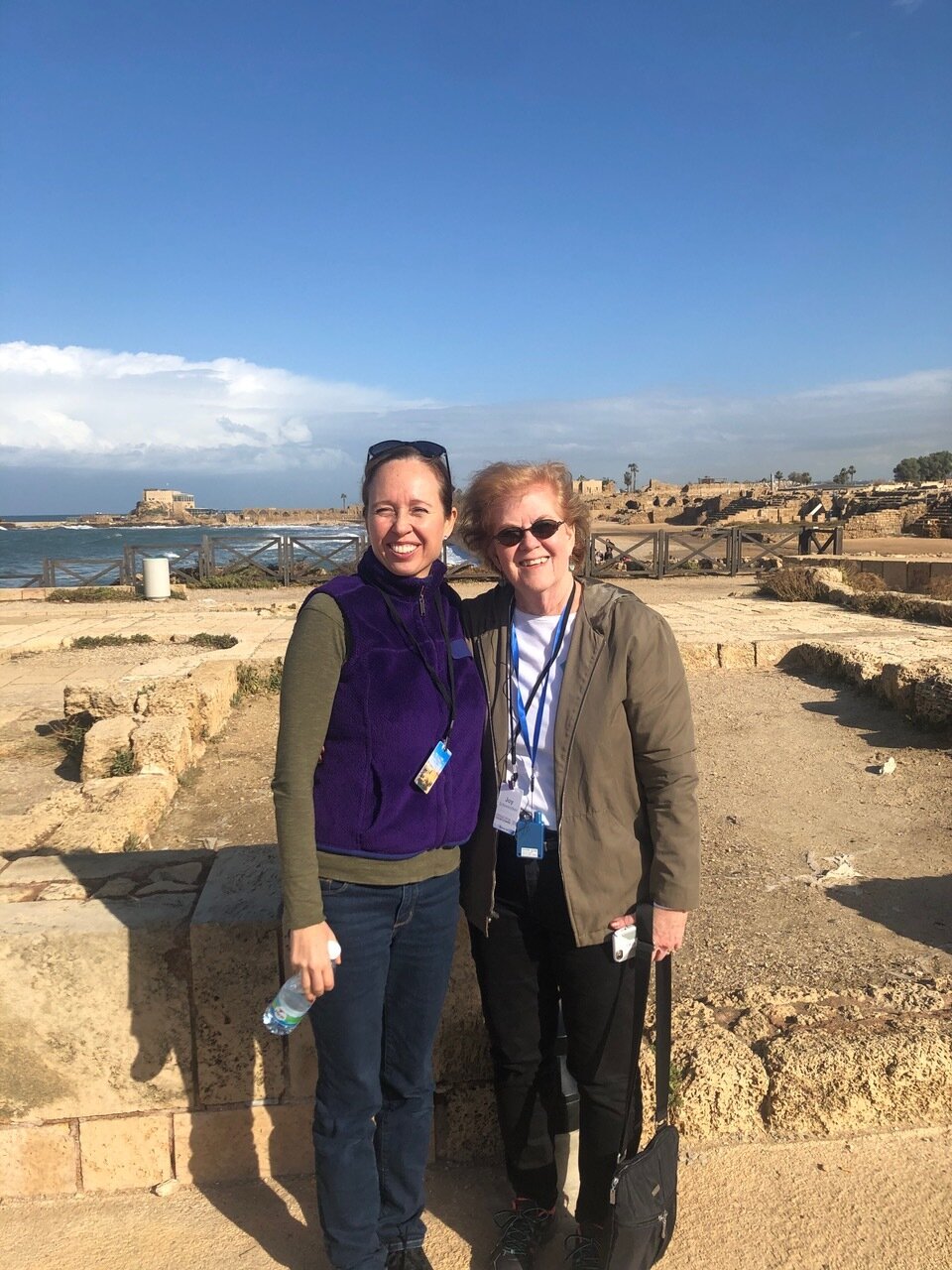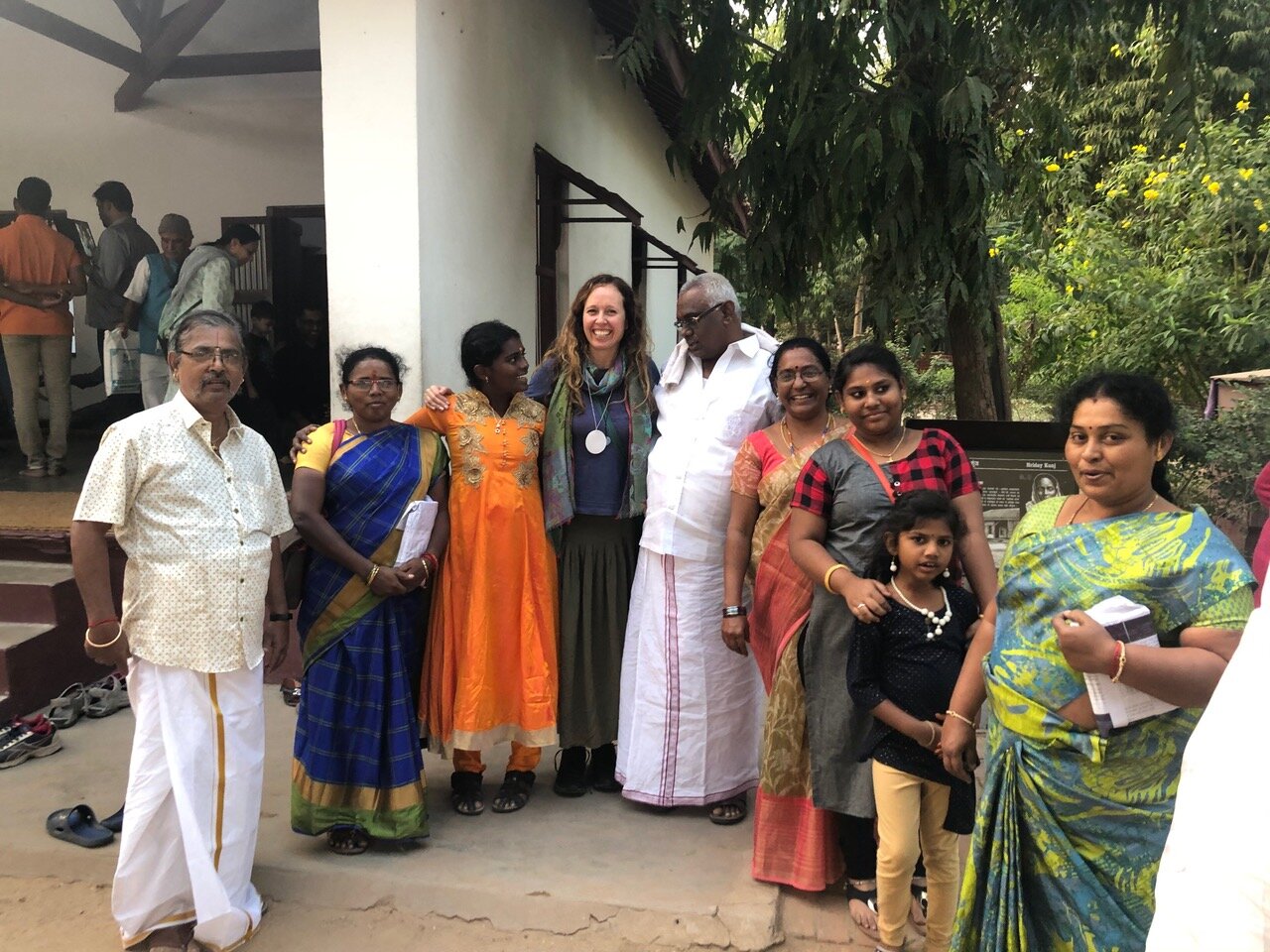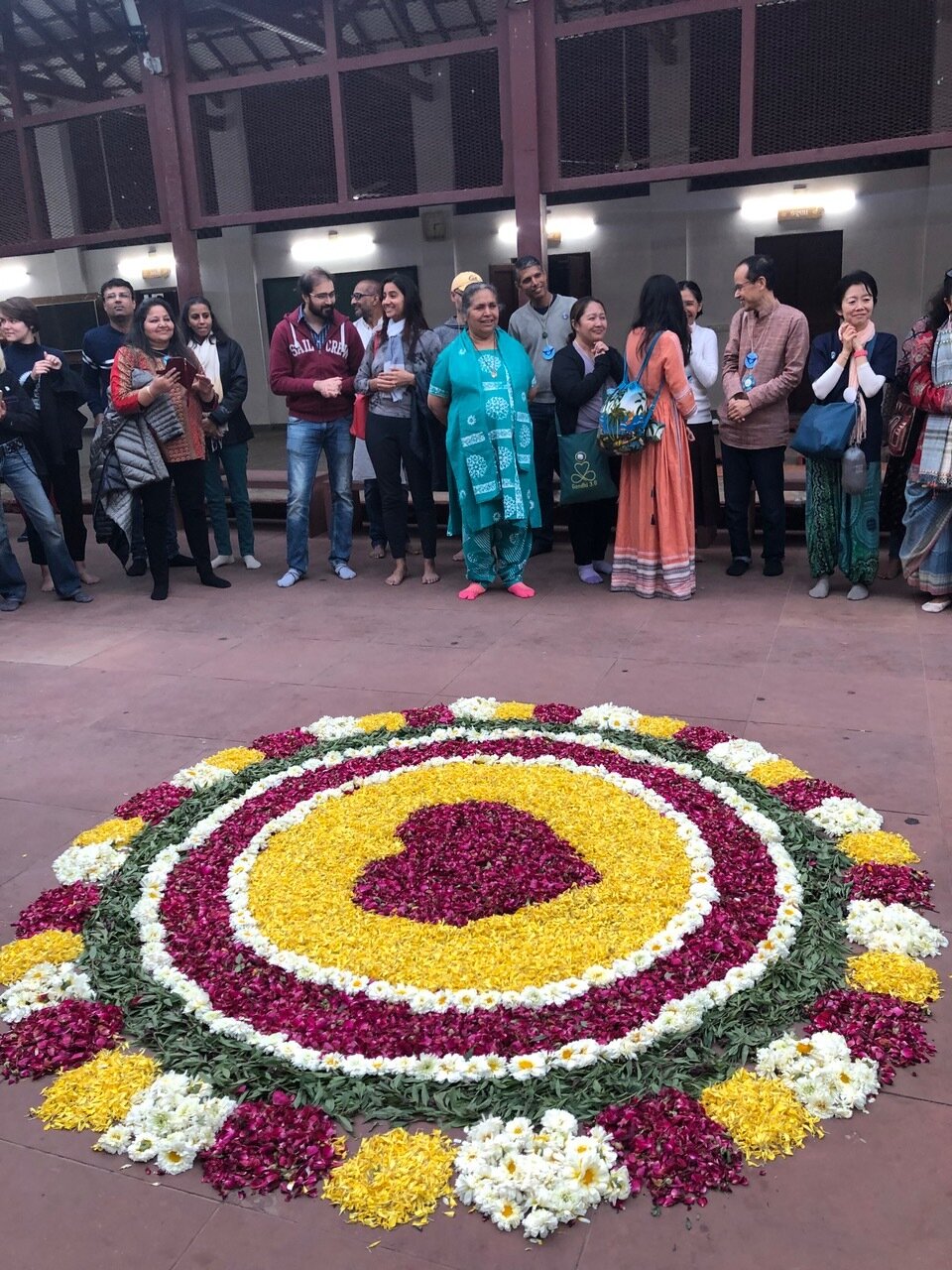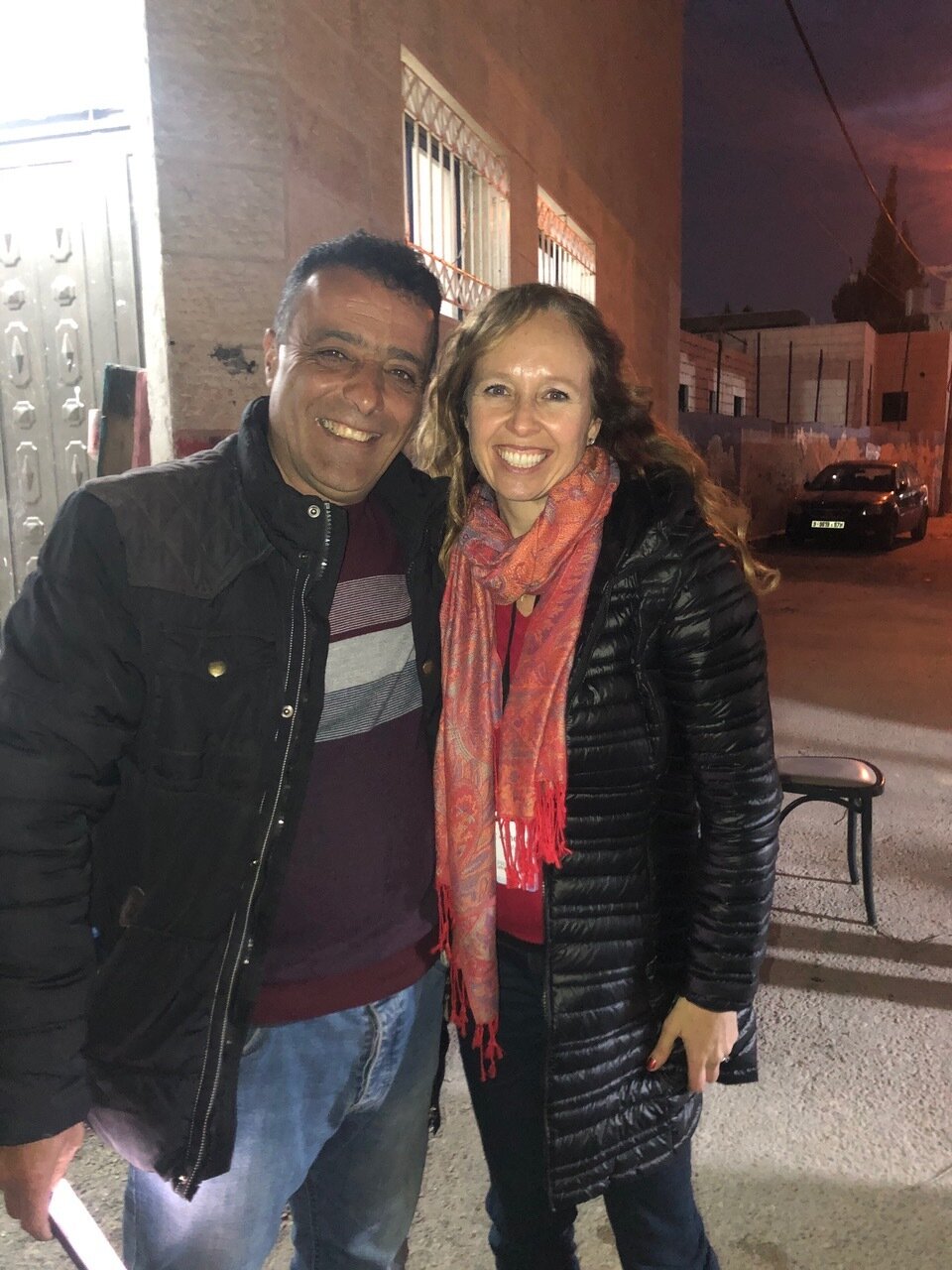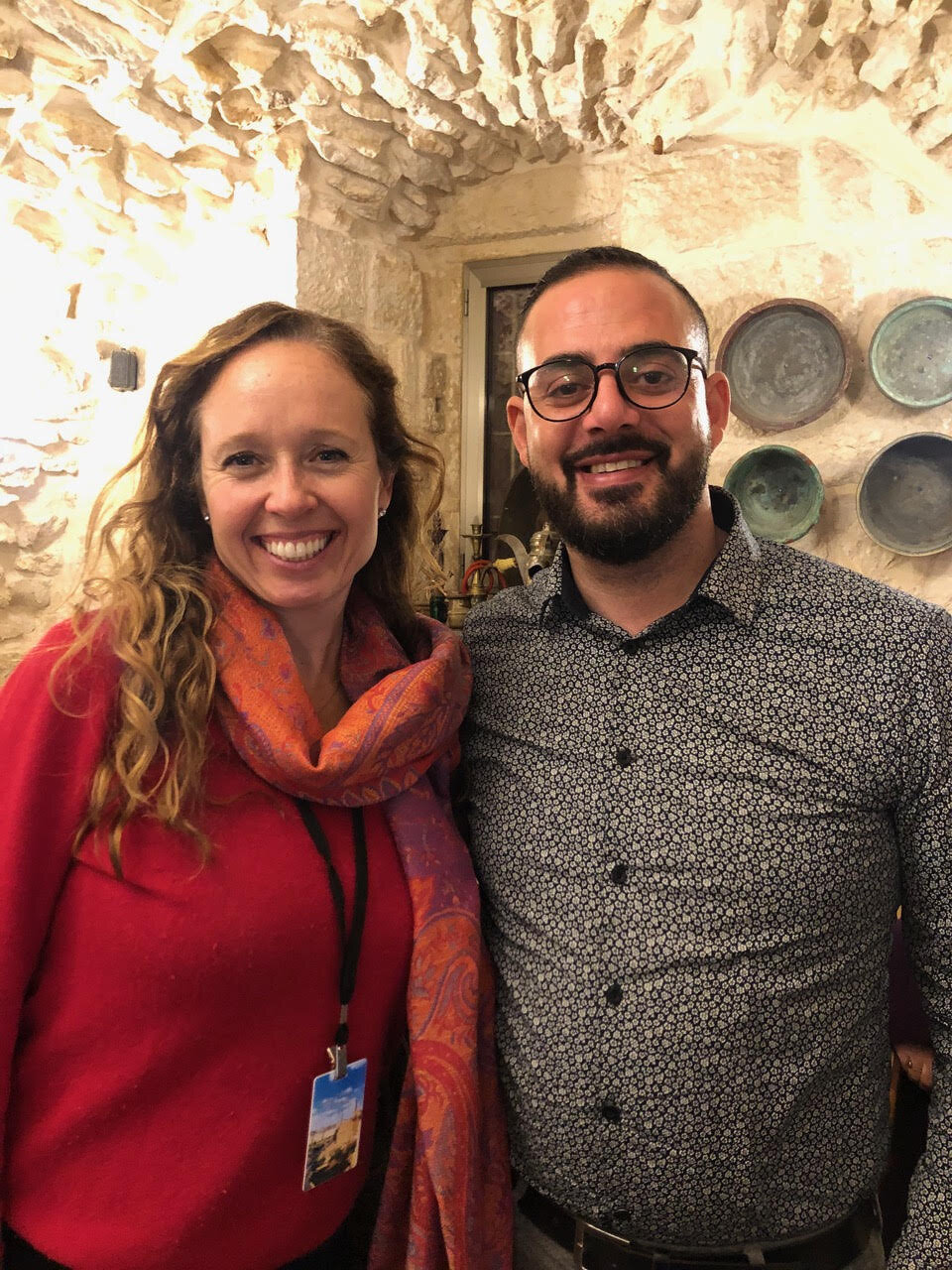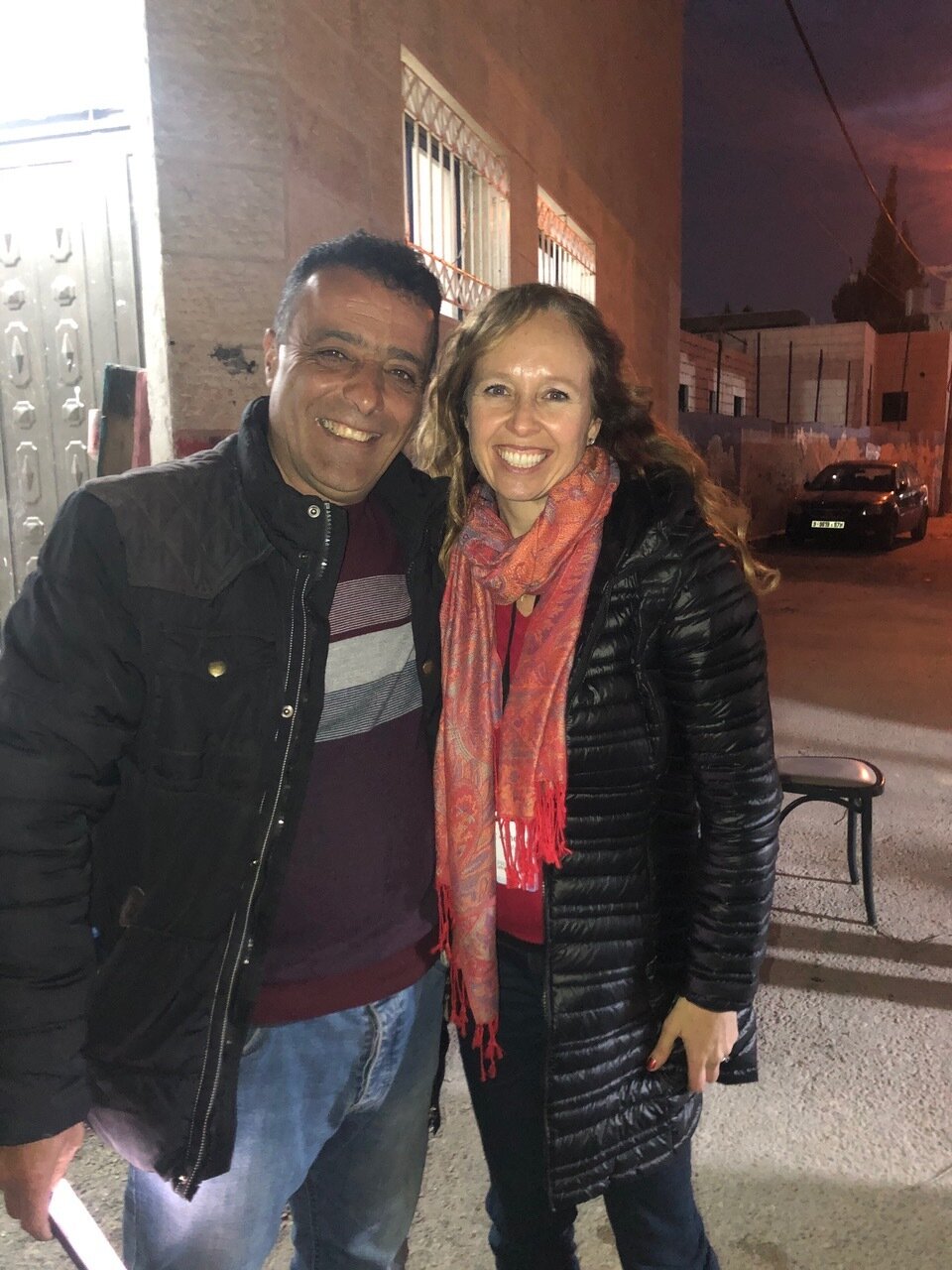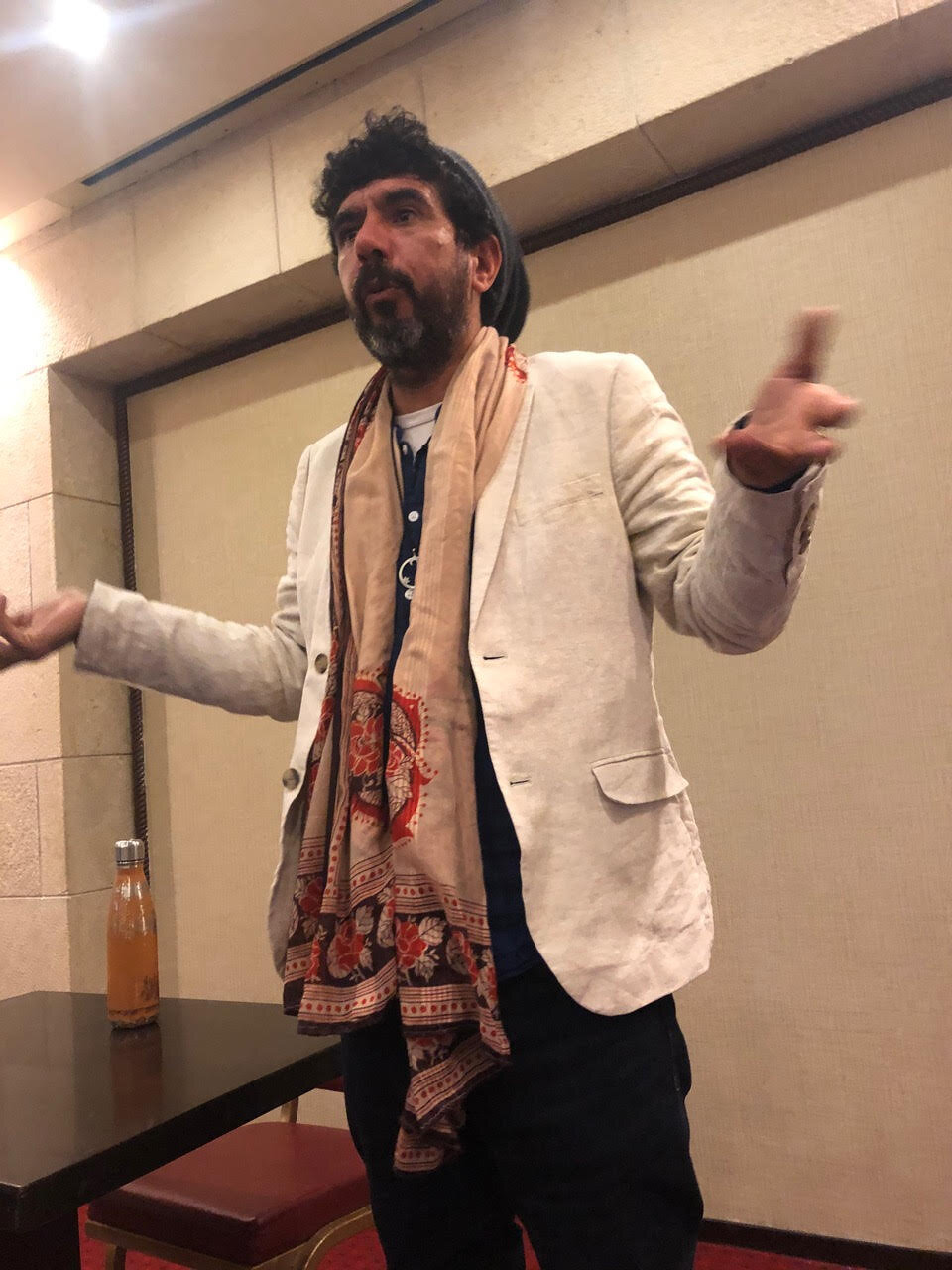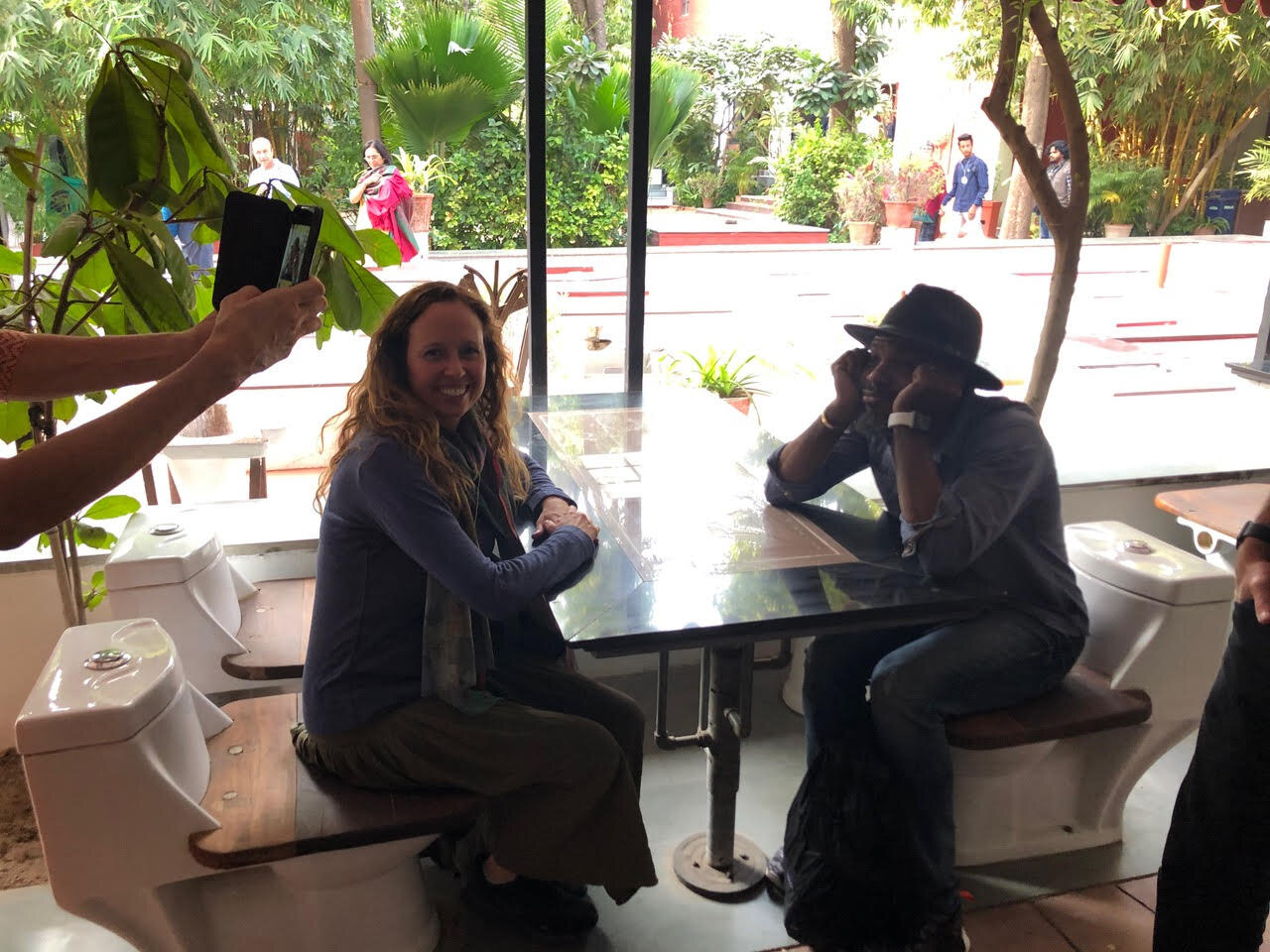The Power of Humility: from Israel to India
The past month has been a pilgrimage of sorts, from holy land to holy land, learning about two simple, humble servants of mankind, Christ Jesus and Mahatma Gandhi, whose wisdom and teachings continue to inspire most of the world. It would take a lifetime to grasp the depths and wisdom of these greats, yet how evidently alive are the Christ-spirit and Gandhian-spirit today. I witnessed it in long-time Palestinian friends who are daily practicing nonviolence in the face of occupation, and are “turning Others into sisters and brothers.” I saw it in a remarkable gathering called Gandhi 3.0, organized by Service Space, an all-volunteer organization of 500,000+, which exemplifies Gandhian principles, and whose local volunteers in India minister to and educate the poor and needy.
We were hosted at the Environmental Sanitation Institute by Jayesh Patel, a member of Service Space, whose father was a leader in the sanitation movement, which was inspired by Gandhi. Gandhi’s focus on peace and non-violence were well-known to me, but I knew little about his insistence on sanitation reformation. “Sanitation is more important than political independence,” he said before India had gained independence. Sanitation was not only a health and cleanliness issue; Gandhi prioritized it as contributing to societal inequalities, caste hierarchies, and poverty, since the work of manually cleaning latrines and human waste from fields, was regarded as work for the lowest Hindu caste, the “untouchables.” Lack of toilets also affected women’s safety because of frequent instances of rape and assault when women would go out at night to relieve themselves in the fields. (Notably, although against the law today, “manual scavenging” persists in India, where half the population still defecates in the open, and in rural areas nearly 70% of households do not have access to toilets, according to government figures.)
This story shared by Gandhi’s grandson, Arun Gandhi, in his book Legacy of Love, sheds light on Gandhi’s approach to cleaning toilets also as a lesson in humility. A newly-minted Ph.D from the London School of Economics, Narayan, had just returned from England and sought Gandhi’s blessings on his economic schemes. Gandhi responded, “…first I want you to stay at the ashram for some days and join the group that cleans the toilets. Then we will talk about blessings,” Grandfather said. “I am a doctor of economics and he wants me to clean bucket toilets?” It made no sense to him, and besides, he abhorred doing what he considered dirty, menial work. He had never in his life done anything like this before, and yet he knew he could not argue with Gandhi. He assumed that he would have to quietly do Grandfather’s bidding for a day or so to satisfy his “quirks”, get his blessings, and then move on to his important duties. Narayan quickly realized how wrong he was. He had to perform this task twice a day for several days. On the third day Narayan pleaded with Grandfather, “Why are you wasting my time wish such mundane work? With my knowledge of economics, I can do great things for the country.”
“I am aware of what you are capable of doing,” Grandfather replied. “When you convince me that you can clean toilets for others with the same enthusiasm that you have for reforming their economic system, I will give you my blessing.”
Humility, Grandfather was convinced, is a quality all human beings must learn. Respect and humility go together.”
The brilliance and grace of Gandhi, who championed practical and social issues, also pointed to their deeper meaning. "Sanitation comes first, because it covers most other things. Outward filth is only a sign of the uncleanliness in our minds." Gandhi continued, "When there is both inner and outer cleanliness, it approaches godliness.” I couldn’t help thinking about our global pollution epidemic, and how much our minds need to be cleaned and purified as well as our outer environment.
Jayesh Patel shared another deeply moving story with me about service. He described the time a CNN journalist came to visit India to do a story on his work in the villages. In one such village, Jayesh asked her to meet and shadow an old lady, who was then feeding ants. The old woman was carefully placing specks of flour down on the ground, one at a time, for the ants. The journalist, meanwhile, took a handful of flour, and just scattered it on the ground. Jayesh said, “See if you can do it like the old woman. See how carefully she’s putting down food for the ants?” During her stay, the journalist ate the food and drank the water and fell ill. The old woman took her in and stayed at her bedside night and day, changing her compresses and nursing her back to health. The journalist was deeply moved, and told Jayesh that she had never been cared for like that, not even by her own mother. He responded, “You saw how carefully she cared for the ants. Did you not expect she would take even better care of you?” It ended up being a life-transforming experience for her. This old woman feeding ants reminded me of one of Gandhi’s 11 precepts that governed life at the ashram he founded. “Non-violence…the law of Love requires equal consideration for all life from the tiniest insect to the highest man.”
During my week with the Service Space community, I felt just like that CNN journalist must have—I was cared for and served and loved and tended to and embraced and nurtured to an extent that I’ve never experienced before and didn’t know was possible. Being drenched in that kind of care, experiencing the breadth and magnitude of man’s goodness, selflessness, kindness, and humbling service, I felt light, with a heart so overflowing that I couldn’t help but want to share it with others, perhaps even people I might not have thought to before. (Ants, even?) ☺ This kind of service shows us what’s possible, and who we all really are at heart. Another retreat participant, UC Berkeley professor and psychologist Dacher Keltner’s research revealed that human beings are wired for compassion and kindness. This “Law of Love” is something we can trust more than gravity, shared Jayesh, and I like to think that we can expect that we are cared for just as much as the ants--beyond measure. I asked him later what is the best way to progress and gain in humility for us “normal” folks who are not Jesus or Gandhi. His answer was that we are all the same in God’s eyes, and that the most important thing in order to progress is personal purification, through daily spiritual practices, and through acts of service.

